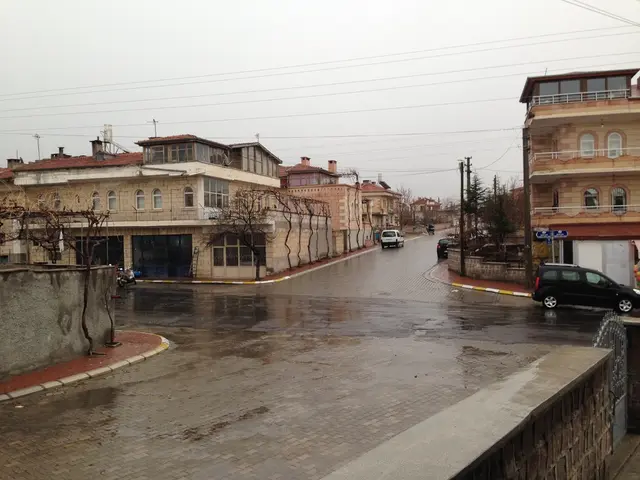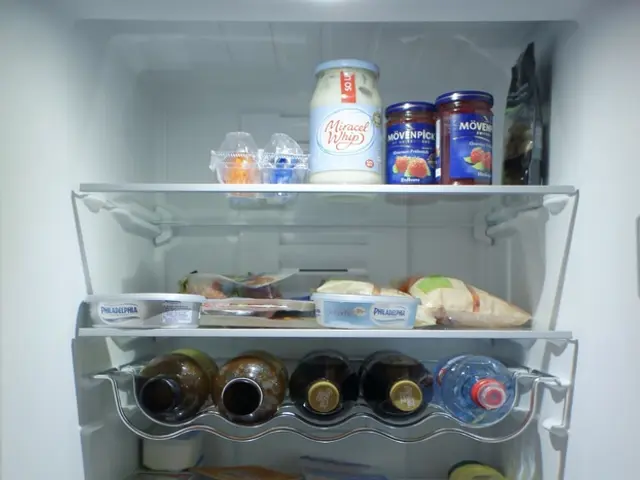Venezuela's 'Special Plan' Targets Crypto Miners to Ease Power Outages
Venezuela's Ministry of Electricity has launched a 'Special Plan for Load Control' to combat persistent power outages, with a focus on disconnecting crypto mining farms from the national grid. This move comes amidst a long-standing crackdown on Bitcoin mining in the country, where electricity prices are notably low, attracting miners despite the government's efforts to curb the activity.
The Venezuelan government has been grappling with power outages and network issues for years, with even oil refineries and terminals feeling the impact. In response, state institutions have closed certain Bitcoin-mining operations and imposed restrictions on specific mining activities. The government has also seized more than 11,000 mining devices to prevent the power grid from being overwhelmed.
Despite its rich energy sources, Venezuela's infrastructure may not be well-suited for large-scale crypto mining. The presence of miners drawing cheap electricity can exacerbate power shortages and create imbalances between supply and demand. In Carabobo state, where many mining farms are located, the governor has temporarily banned mining to alleviate strain on the electrical system.
The Ministry of Electricity's 'Special Plan for Load Control' aims to protect the power grid by disconnecting crypto mining farms. With over 11,000 mining devices already seized, the government's commitment to curbing energy consumption and illicit activities is clear. However, the long-term suitability of Venezuela as a crypto mining hub remains uncertain, given its ongoing power grid challenges.








